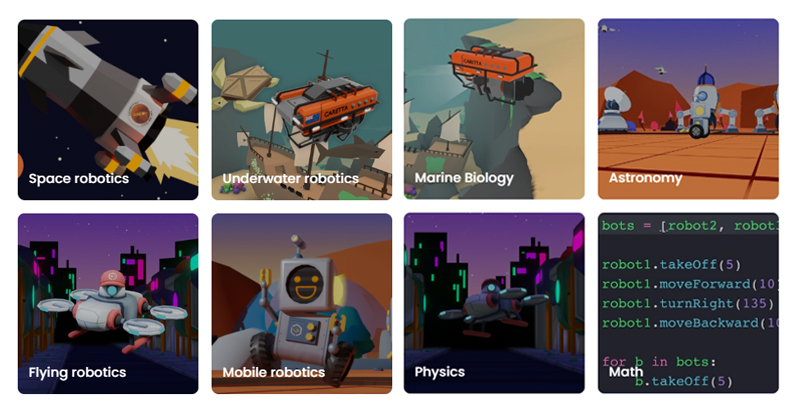Transforming Education with EdTech Tools: A Practical Guide to Navigating the Digital Landscape
In the ever-evolving landscape of education, the rapid growth of EdTech tools has emerged as a transformative force, reshaping the way educators and learners interact with knowledge. As technology becomes an integral part of the educational journey, mobile devices, particularly smartphones and tablets, have risen to prominence, embraced by over 70% of students as indispensable tools for learning. The infusion of Artificial Intelligence (AI) into EdTech further elevates the educational experience, offering personalized learning paths, automated grading, and adaptive learning approaches.
At the heart of EdTech’s transformative potential is its unique ability to foster active engagement within the learning process. Interactive lessons, educational apps, and online platforms collaboratively create a dynamic and immersive environment that caters to diverse learning styles. Teachers, in turn, wield these technological tools with adeptness, ensuring that each student has a tailored opportunity to grasp concepts effectively, promoting a more inclusive and personalized educational experience.
However, integrating EdTech tools requires a mindful approach, demanding a delicate balance between screen time and other activities. Recognizing the potential adverse effects, such as eye strain and reduced physical activity, emphasizes the need for a thoughtful blend of digital and non-digital activities. This approach supports holistic education, nurturing both cognitive and physical development and ensuring a well-rounded educational experience.
In the digital age, the responsibility for ethical technology use becomes paramount. Integrating digital citizenship education into the curriculum imparts crucial online etiquette, privacy, and security lessons. The mindful use of EdTech tools extends beyond its tangible benefits, emphasizing a sense of responsibility and awareness regarding the broader impact of digital actions, fostering a generation of digitally literate and responsible citizens.
Despite the revolutionary impact of EdTech tools, teachers remain the stalwarts in imparting education. Their role is irreplaceable, and as technology evolves, providing comprehensive training and ongoing professional development becomes imperative. Ensuring educators are confident and competent in integrating technology into their teaching methods transforms them into a well-prepared and tech-savvy teaching staff, instrumental in guiding students through the ever-expanding digital landscape.
EdTech tools catalyze collaborative learning, transcending geographical barriers and fostering teamwork. Beyond individual learning, these platforms facilitate engaging and meaningful discussions, enriching the academic experience while simultaneously fostering the development of crucial interpersonal skills. The collaborative nature of EdTech not only enhances academic learning but also nurtures the essential ability to work effectively within a team, a skill paramount in the contemporary professional landscape.
Amidst the myriad EdTech platforms, one that stands out as a pioneering force is Robotify. Launched in 2014, Robotify specializes in teaching virtual coding to kids in Dubai and other parts of the world. Operating as a browser-based platform, Robotify allows children to learn coding by controlling virtual robots in captivating environments like Mars, outer space, and underwater. Utilizing Blockly, a block-based coding language derived from JavaScript, Robotify ensures a user-friendly experience, eliminating the need for typing code and simplifying the learning process.
Robotify’s offerings span a range of coding challenges, from beginner to advanced levels. Children can commence with simple tasks like programming a robot to move forward and backward, gradually progressing to more intricate challenges such as solving mazes and collecting objects. The platform goes beyond mere coding exercises, providing a wealth of learning resources, including tutorials, videos, and online forums. This approach allows children to learn at their own pace, fostering a sense of autonomy and independence in their learning journey.
Continuous monitoring and assessment of student learning within the EdTech landscape are essential. Regular evaluations should encompass academic outcomes and overall student well-being, ensuring that technology integration aligns seamlessly with educational goals. The iterative assessment process enables educators to adapt and refine their approaches, maximizing the benefits of EdTech while mitigating potential challenges.
In conclusion, the mindful use of EdTech tools is an intricate dance that requires thoughtful planning, continuous assessment, and collaboration among all stakeholders. Approached with intentionality, EdTech becomes a powerful tool in preparing students for the challenges and opportunities of the digital age and nurturing holistic development. As we navigate the evolving education landscape, the synergy between traditional pedagogy and innovative technology paves the way for a richer, more adaptive, and inclusive educational experience.






Recent Comments